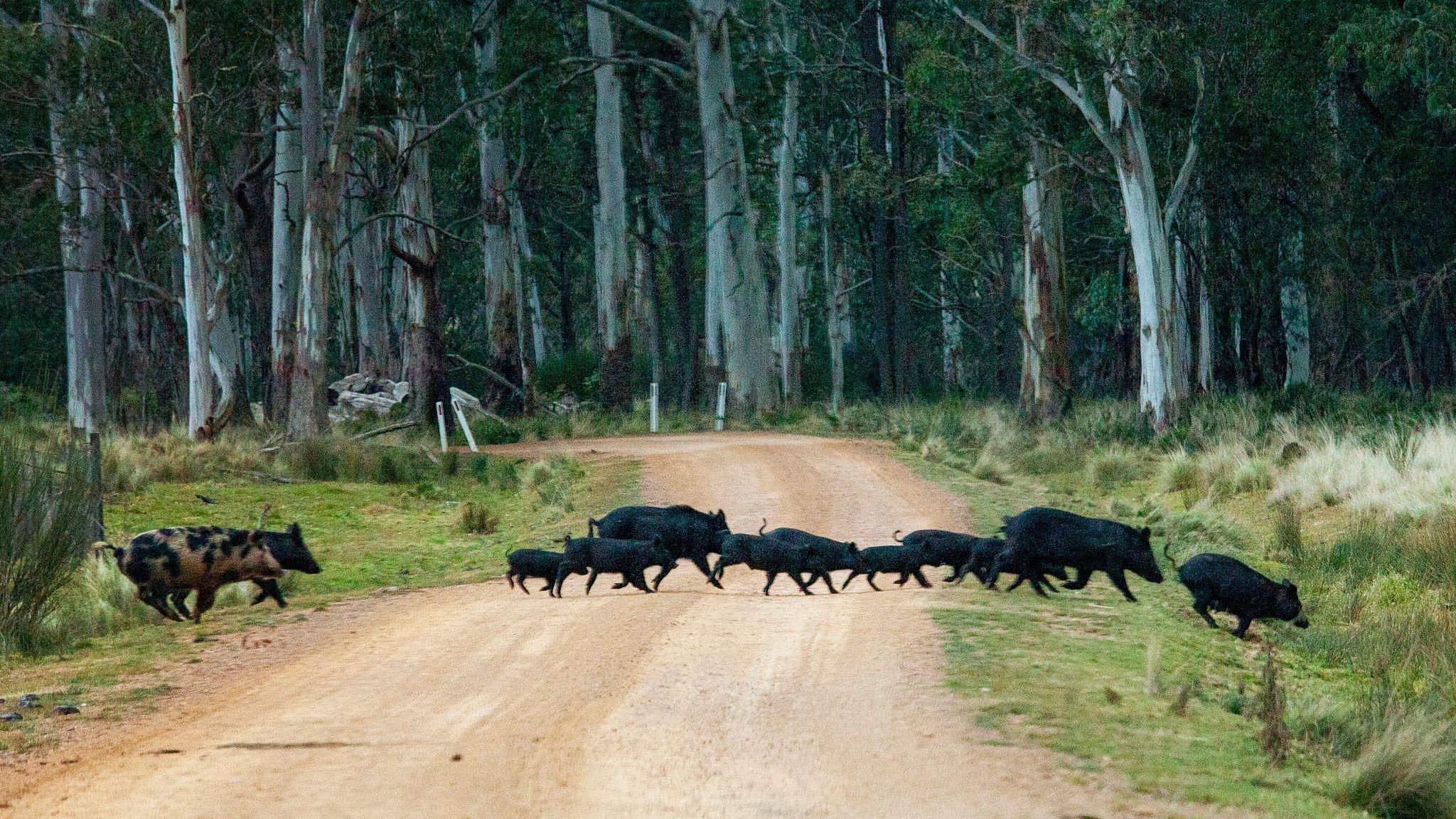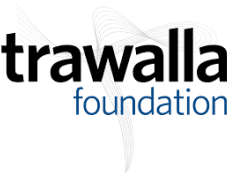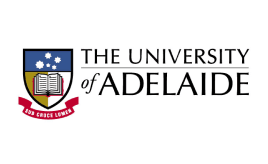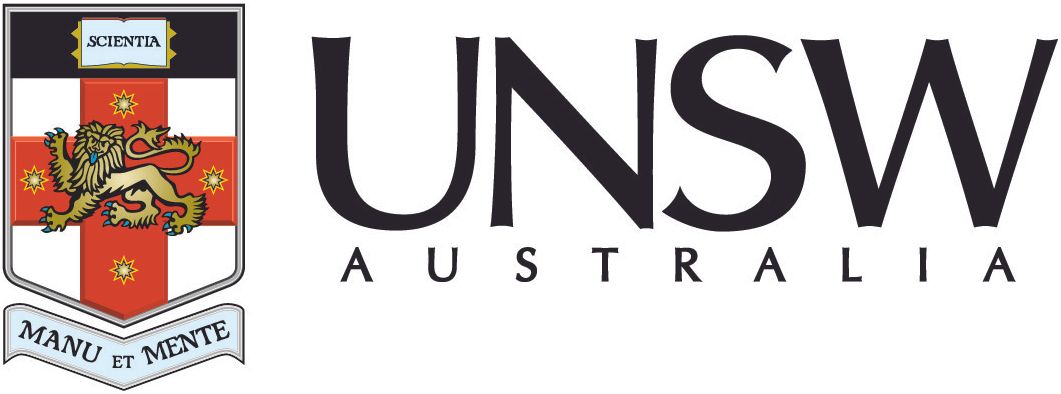Science does not support proposed NSW hunting legislation - Bounties waste taxpayer dollars

Feral pigs in Tomalla NSW. Image: Brett Vercoe CC BY NC iNaturalist
Media Release
3 June 2025
According to science, if passed, the Conservation Hunting Bill being tabled in the NSW Parliament this week by the Shooters Party would waste taxpayer funding and risk poorer conservation outcomes in the state.
The assessment was made by the Biodiversity Council, an independent expert group founded by 11 Universities to promote evidence-based solutions to Australia’s biodiversity challenges.
The group say the bill threatens to undermine more environmentally and financially cost-effective invasive and feral animal management approaches and programs in New South Wales, and could lead to the protection of feral animals for recreational hunters.

Biodiversity Council Director James Trezise said the name of the bill is very misleading.
“This is a bill that could set environmental management in NSW back decades, and set a dangerous precedent for elsewhere. It should not be rushed through parliament,” Mr Trezise said.
“This could potentially undo the important work that has been painstakingly undertaken by the Minns Labor Government to get feral animals under control across key parts of the state.
“Among the concerning elements proposed is giving a committee dominated by recreational hunting interests the power to influence how feral animal control is undertaken on public land.
“Feral animal control programs on public land should always use evidence-based, cost-effective methods, implemented through strategic and well-coordinated programs, completed by professional marksmen and pest control managers to deliver effective and lasting benefits in the most humane way possible.
“Across most public land, coordinated baiting, trapping and aerial culling programs for invasive and feral species are the best way to achieve large population reductions and prevent or reduce environmental impacts.
“Whilst recreational hunting is a perfectly valid hobby, it isn’t an effective tool for invasive species management. Interrupting and disrupting professional control measures to potentially suit recreational uses creates a high risk of poorer conservation outcomes.
“Recreational hunters currently enjoy access to most of the NSW state forest estate through a permit system.”
The bill proposes bounties on feral animals. Evidence indicates that bounties are not effective at reducing feral animal numbers, are open to corruption, a waste of government funding, deliver little benefit, and can worsen feral animal problems and animal welfare.

Biodiversity Council member Professor Euan Ritchie from Deakin University has extensively researched the impacts and management of invasive species.
“Many invasive species, including feral pigs, can breed rapidly and in high numbers and hence recreational shooting is often insufficient for significant and sustained population control or eradication.”
“Feral animal bounties are typically ineffective at reducing populations and impacts on nature and agriculture.
“They are also expensive for taxpayers. The money is far better invested in more effective, well-proven control methods like coordinated poison baiting, trapping, and aerial culling programs.
“Bounty programs are also open to corruption, such as people claiming bounties for animals not caught in the bounty region and people transporting animals between areas to establish and maintain new populations for hunting.
“Hunting can interfere with existing management programs, such as trapping, by scattering the animals, pushing them into other areas, including private properties.
“Encouraging bounty programs poses risks for human safety if hunters access public and private land illegally to shoot animals. Deaths have already occurred in the past due to illegal hunting,” Professor Ritchie said.














